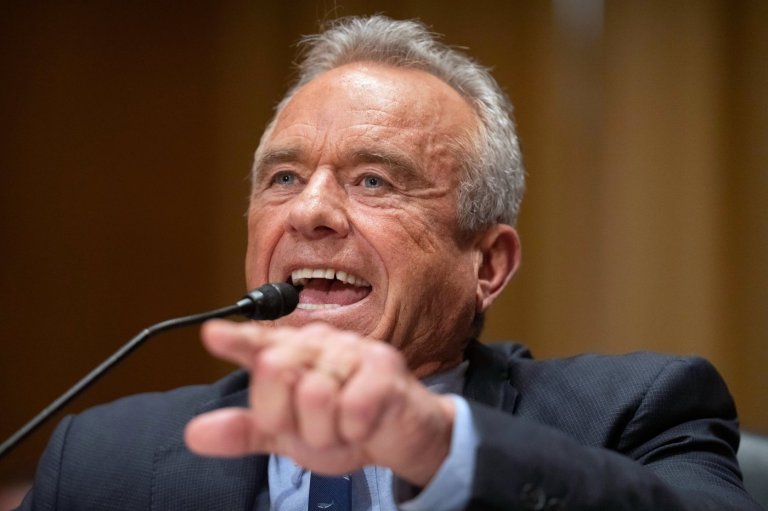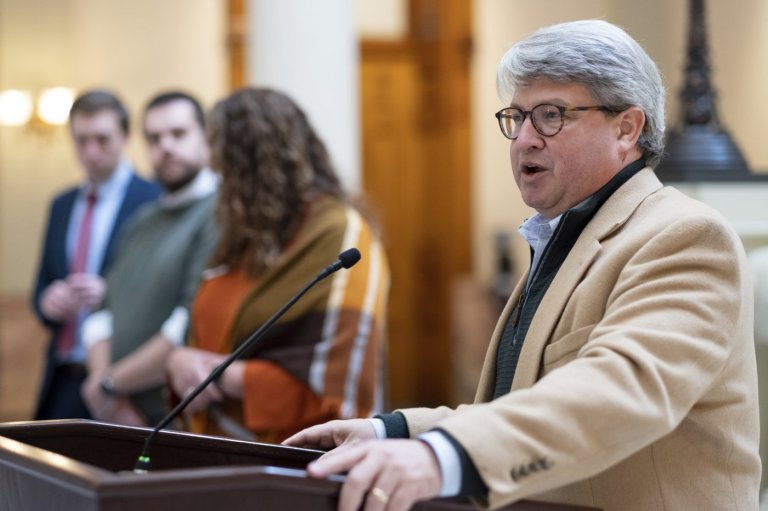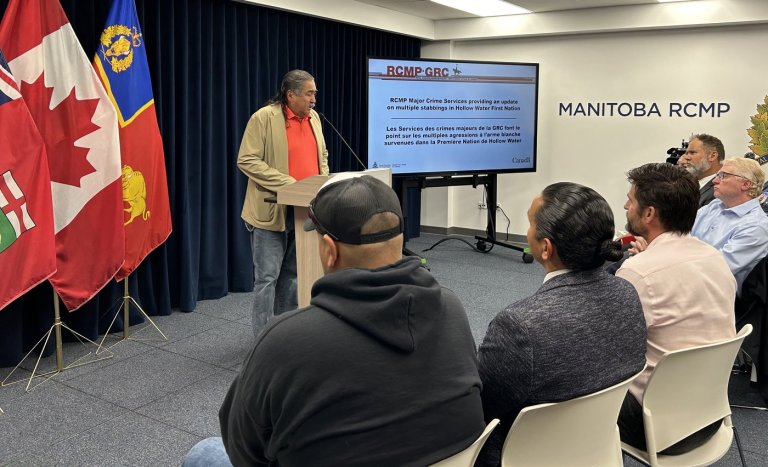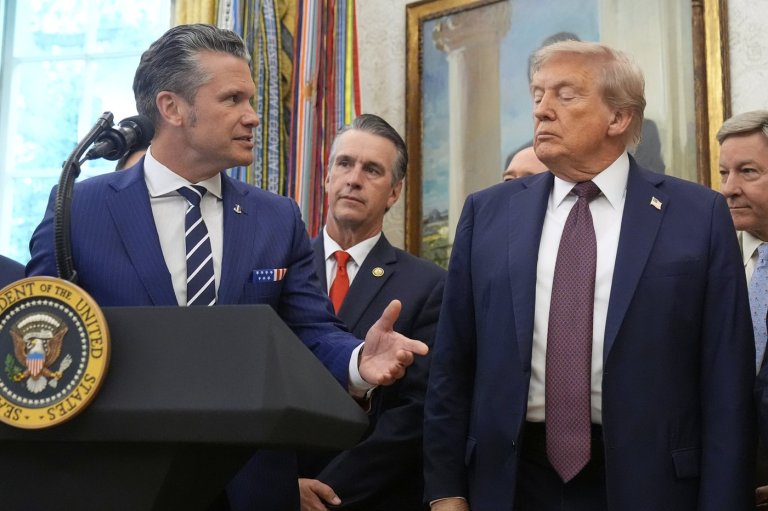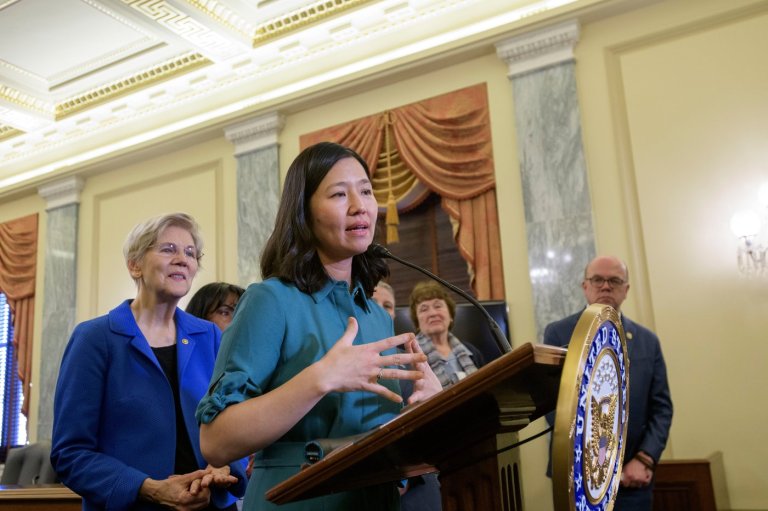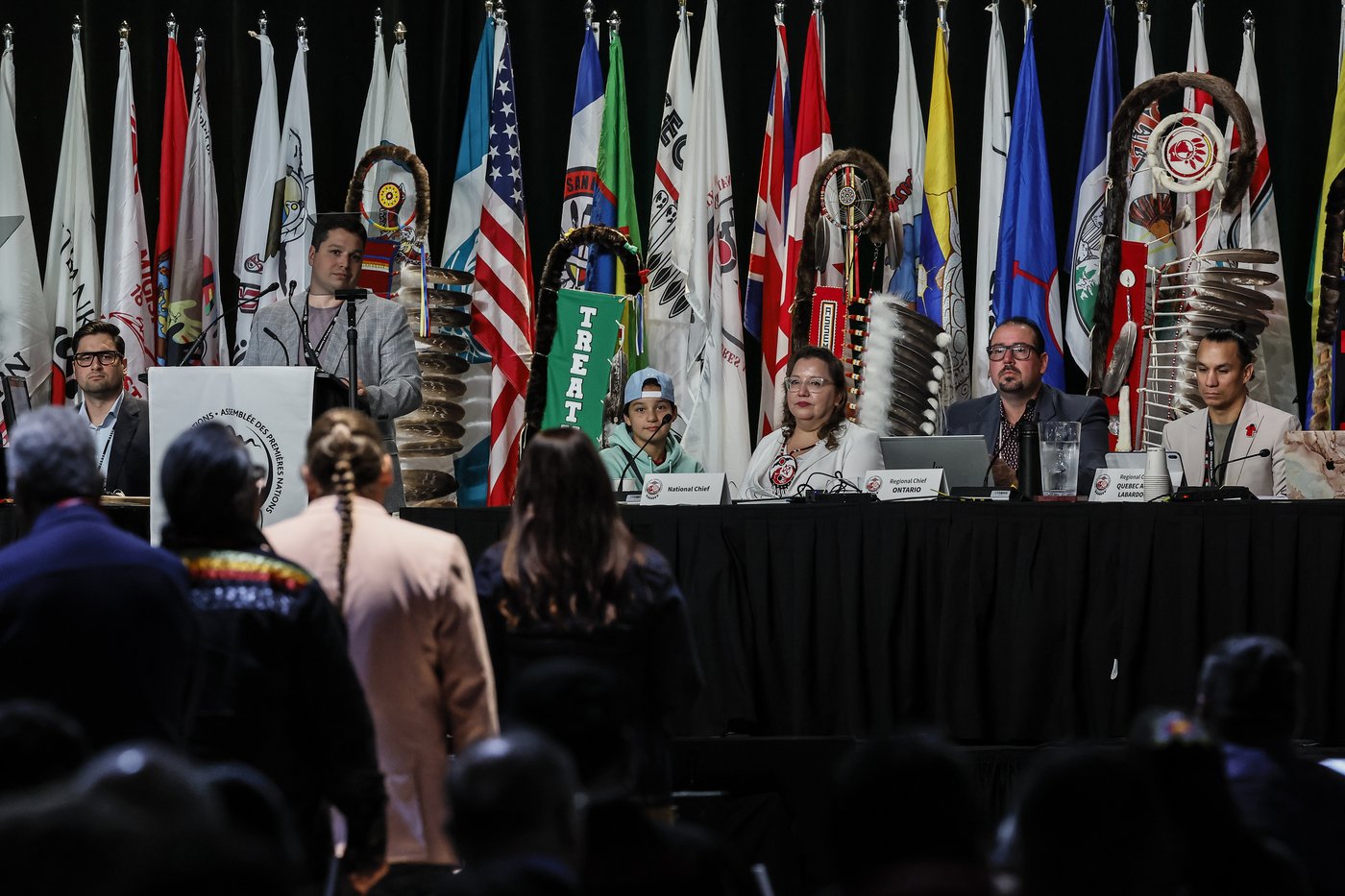
Chiefs vote down major projects resolutions, say AFN shouldn’t negotiate for them
WINNIPEG — First Nations chiefs voted down a resolution at their national assembly on Thursday that opponents said would have amounted to an endorsement of the federal government’s major projects legislation.
The resolution would have called on Ottawa to include First Nations infrastructure ventures in its push to fast-track major projects. It also would have allowed the Assembly of First Nations to intervene in lawsuits against the legislation.
The resolution failed to obtain the required 60 per cent support at the Assembly of First Nations annual general meeting in Winnipeg.
The legislation allows the federal government to fast-track major projects it considers to be in the national interest.
Prime Minister Mark Carney insists the bill will not sidestep consultations. First Nations say they were not properly consulted when the legislation was drafted and have warned governments could face legal action if they’re not properly consulted on project approvals.
Regina Crowchild of Tsuut’ina First Nation said she voted against the resolution because there’s no guarantee Canada will follow through on its commitment to consult affected communities when it decides which projects to approve.
“We cannot object to or go against legislation and then ask for an amendment. You’re contradicting yourself and that’s wrong,” Crowchild said.
“They want title to our territories and our natural resources, which we object to because our peoples never surrendered it. And in that way, we have to find ways for our children, our grandchildren, those yet born to prosper from the territory that the creator gave us. The creator didn’t give us this land to give it to the Government of Canada.”
Another resolution — which called for implementation of the legislation to be delayed, and for the legislation to be amended — was also voted down.
Several chiefs at the assembly also said negotiations need to happen with the federal government on a nation-to-nation level, not through the Assembly of First Nations.
The Assembly of First Nations is an advocacy organization for about 630 First Nations chiefs across the country and is not a rights-holding body, as First Nations are.
If the resolutions had passed, the AFN would have had a formal mandate from chiefs to work with the federal government on the legislation.
This report by The Canadian Press was first published Sept. 4, 2025.
Join the Conversation!
Want to share your thoughts, add context, or connect with others in your community?
You must be logged in to post a comment.














